Note: This Op-Ed responds to New York Times columnist David Brooks’ recent writing about the future of political centrism. The piece was originally published by The Hill, a Washington-based political newspaper. It’s reposted here with permission.
In the wake of the 2016 election, analysts and pundits are now focusing on how Donald Trump’s ascent to power will recalibrate the ideological center of American politics. In a recent New York Times op-ed titled “The Future of the American Center,” David Brooks calls for a movement that will “deepen a positive national vision that is not merely a positioning between left and right.” Yet while Brooks’ program sounds appealing, the moderate media establishment’s conception of centrism lacks the cultural foundations necessary to build a viable political movement. Although political centrism seems reasonable and pragmatic, it has consistently failed to create an effective constituency. Despite the large number of voters who now register as independent, most reliably lean to one side or the other, and are actually more partisan than the least engaged members of either the Democratic or Republican parties.
To advance a form of American politics that can overcome hyper-partisanship and successfully incorporate positive programs from both the left and the right, we must start by building new cultural agreements. And this cultural focus begins upstream from our representatives in Washington. In other words, we need to reestablish a self-identified cultural center in America before we can hope to create a revitalized political center.
Successful social movements require new ideas that bring people together to solve pressing real-world problems. While the stark divide within the American electorate provides such a clearly pressing problem, moderate approaches to revitalizing our political center lack the new ideas necessary to build such a social movement. The apparent dearth of a unifying centrist ideology can be partially explained by the problematic concept of “the center” itself. The moderate “middle” does not provide a firmly principled place to stand because centrist positions are inevitably defined in relative terms somewhere in between the shifting positions of left and right.
Therefore, in order to establish greater degrees of cultural unity within our divided American electorate, we should stop thinking of politics merely in terms of a horizontal, linear continuum between left and right. We need to expand our conception of the spectrum of American political opinion by adding a vertical dimension of development to our idea of potential political progress. Such a political move entails rising above the horizontal left-right axis by taking an overview perspective that can see how each side has important values that we need to integrate, as well as shortcomings and downsides that we do well to avoid or otherwise resist.
Considering the American political spectrum “from above” helps us dis-identify somewhat from our preferred partisan positions. This cultural overview perspective is predicated on the idea that the left and the right actually need each other—that the opposing sides of our electorate are interdependent, and that some version of left and right will always be a feature of our nation’s political life. Unlike conventional centrist approaches, which often try to simply split the difference between competing interests, an integrative overview approach attempts to synthesize the deeper values that underlie opposing political positions.
The issue of gay marriage is a good example of the political progress that can be made through the practice of integrating diverse values. Advocacy for the right to marry has been the key to the larger success of the gay rights movement overall because the cause of gay marriage integrates important values from across the political spectrum. Gay marriage advances both the fairness values of the liberal mainstream, as well as the “liberation values” of the far left. Marriage rights for gays also forwards libertarian freedom values by keeping the government out of private domestic decisions. And crucially, although perhaps ironically, gay marriage advances traditional family values. Social conservatives who otherwise object to “decadent homosexual lifestyles” find it much harder to resist calls for the basic right to make a family commitment. While perceived traditional interests are not included in the new right for gays to marry, traditional values are included nonetheless.
As a result of this integration of values, the issue of Gay marriage now enjoys widespread cultural agreement, with approval ratings around 60%. In the same way our culture has become relatively unified around this once divisive issue, common ground (but not necessarily “middle ground”) can be found by working to include values from across the political spectrum within other contested political issues as well. On the issue of immigration, for instance, a unifying cultural agreement could be reached if proposed reforms better integrated the left’s values of fairness and liberation with socially conservative patriotic values (promoting immigrant assimilation) and fiscally conservative meritocratic values (favoring immigrants with talent and resources).
Accepting some of the positive values of our political opponents is a difficult practice that involves increasing the scope of what we are each able to value overall. But it is only through such an integrative approach to building cultural agreement that we can successfully create political unity where conventional centrist approaches have failed. It is thus by expanding the “conceptual geometry” of our political perspectives to include not only a horizontal dimension of left and right, but also a vertical dimension of developmental progress in which opposing values become increasingly harmonized, that we can overcome many of the differences that currently divide us.

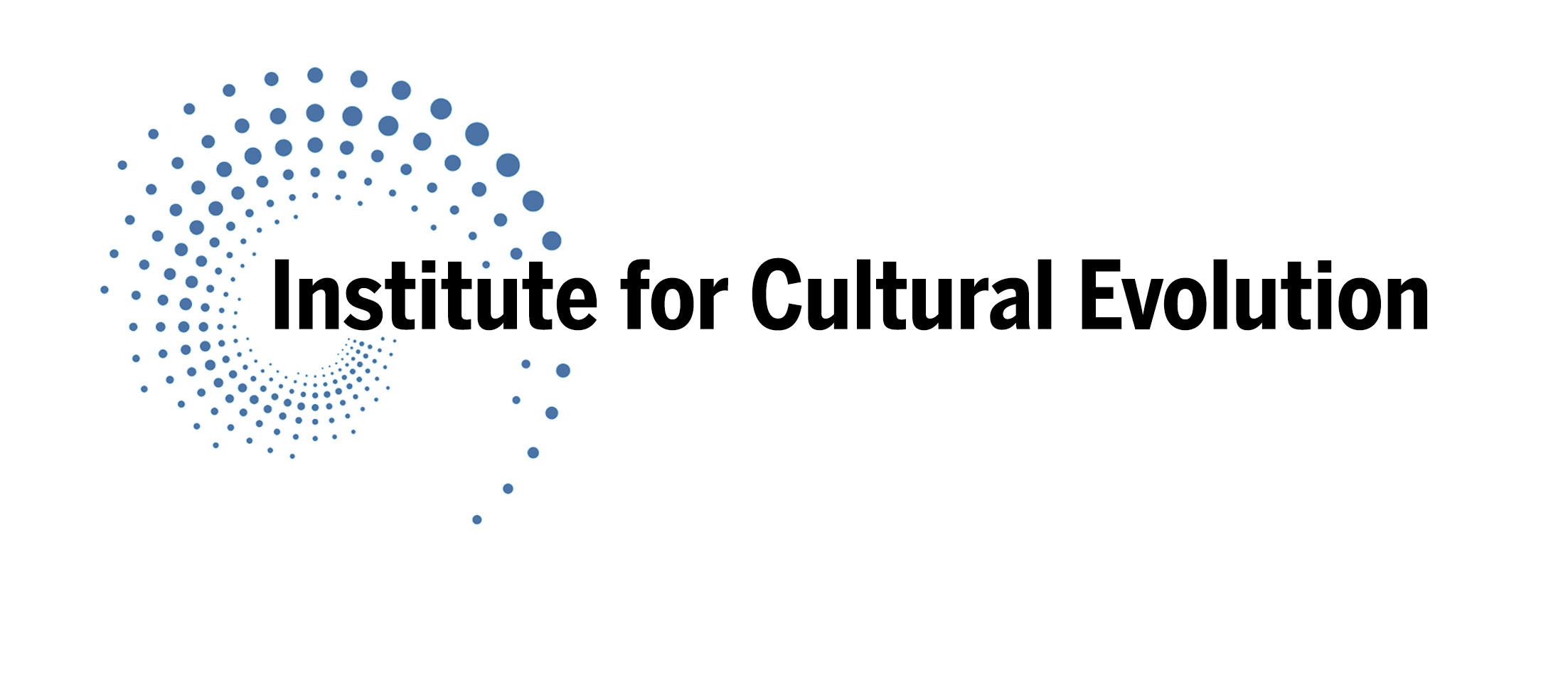
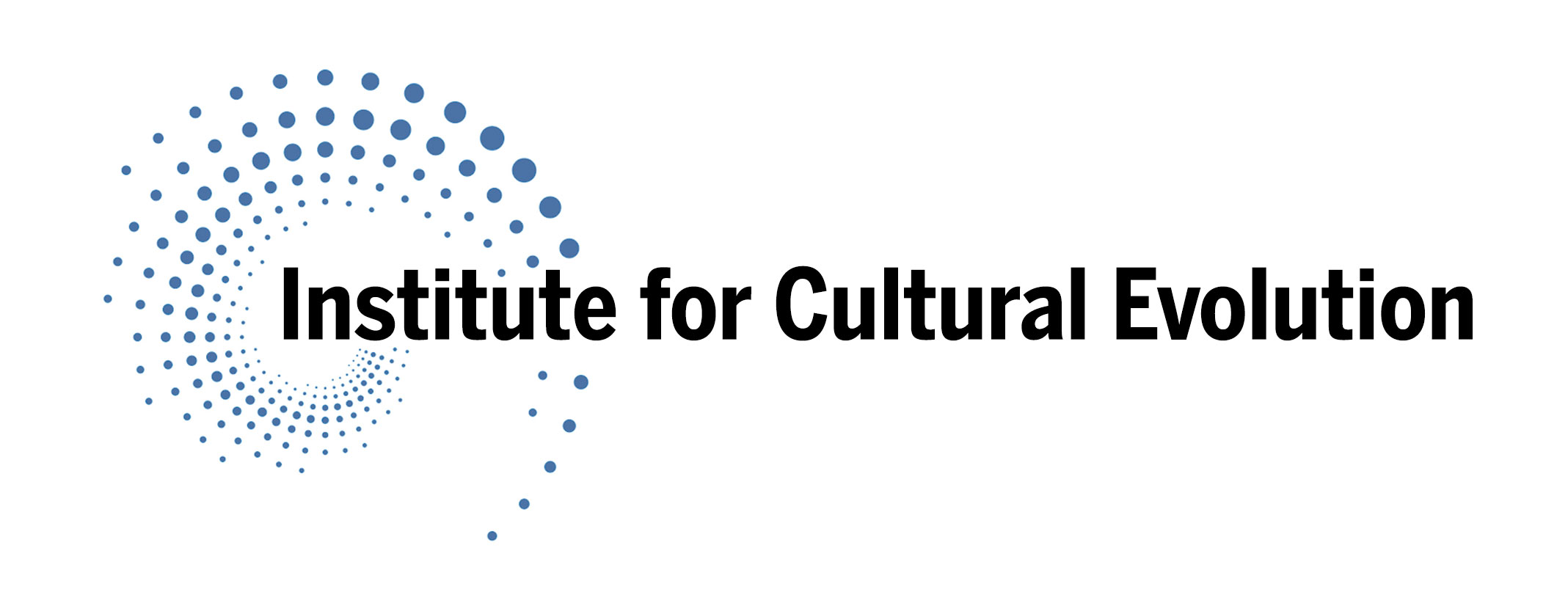
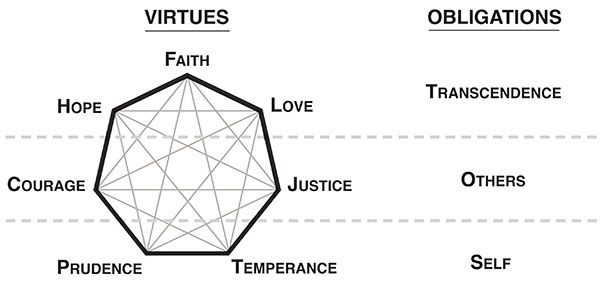
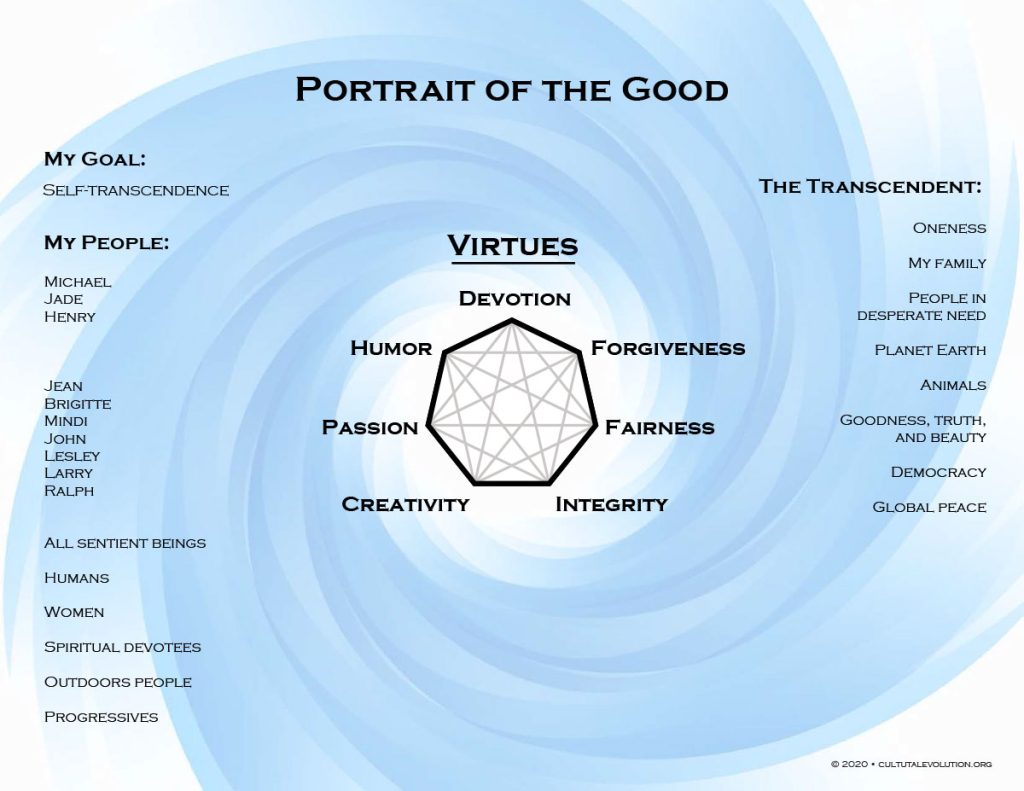
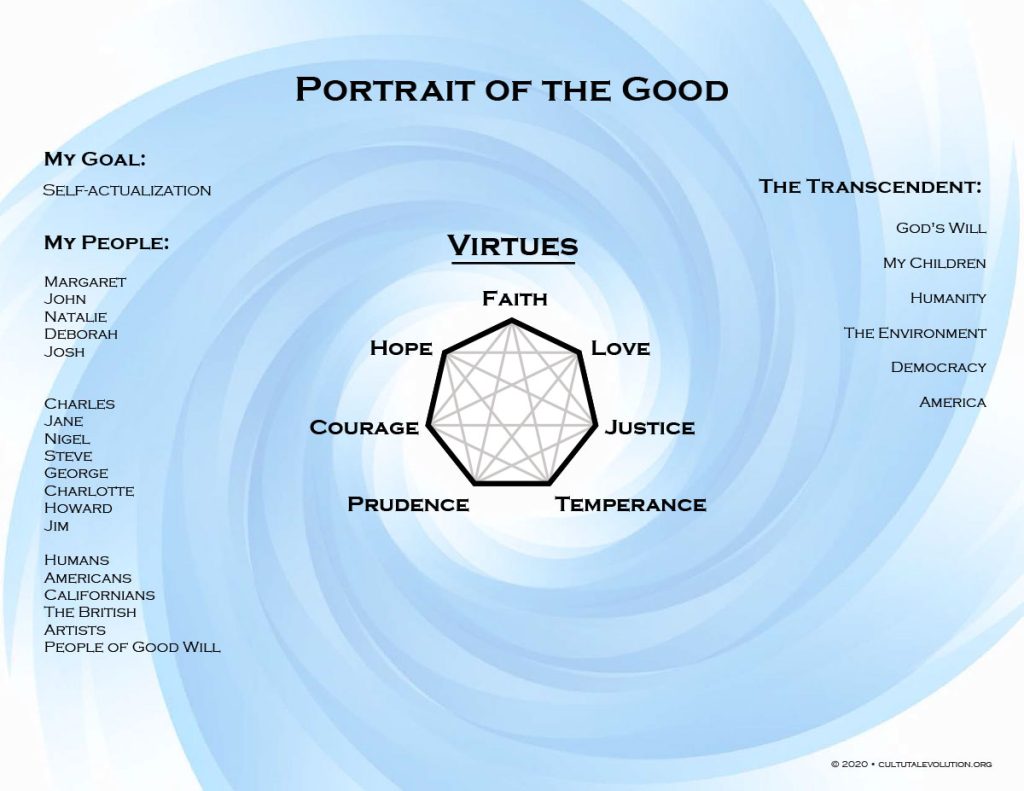
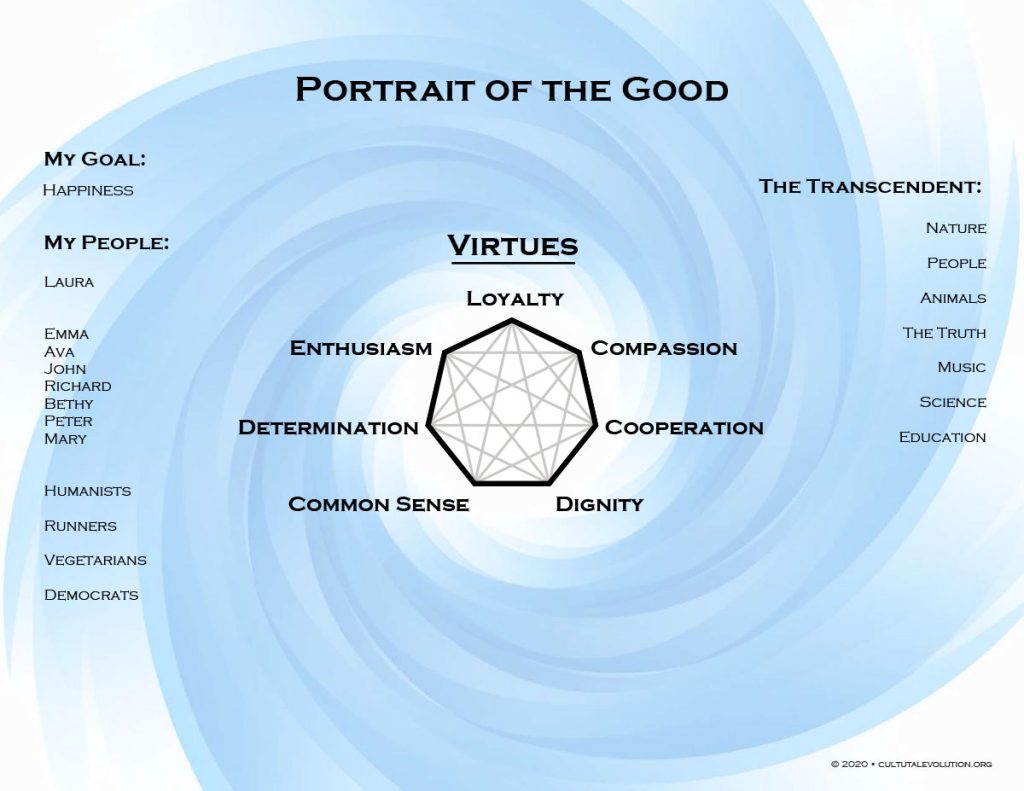
I was very impressed with this blog. It is so far the best I have visited during my publications on the essay site.